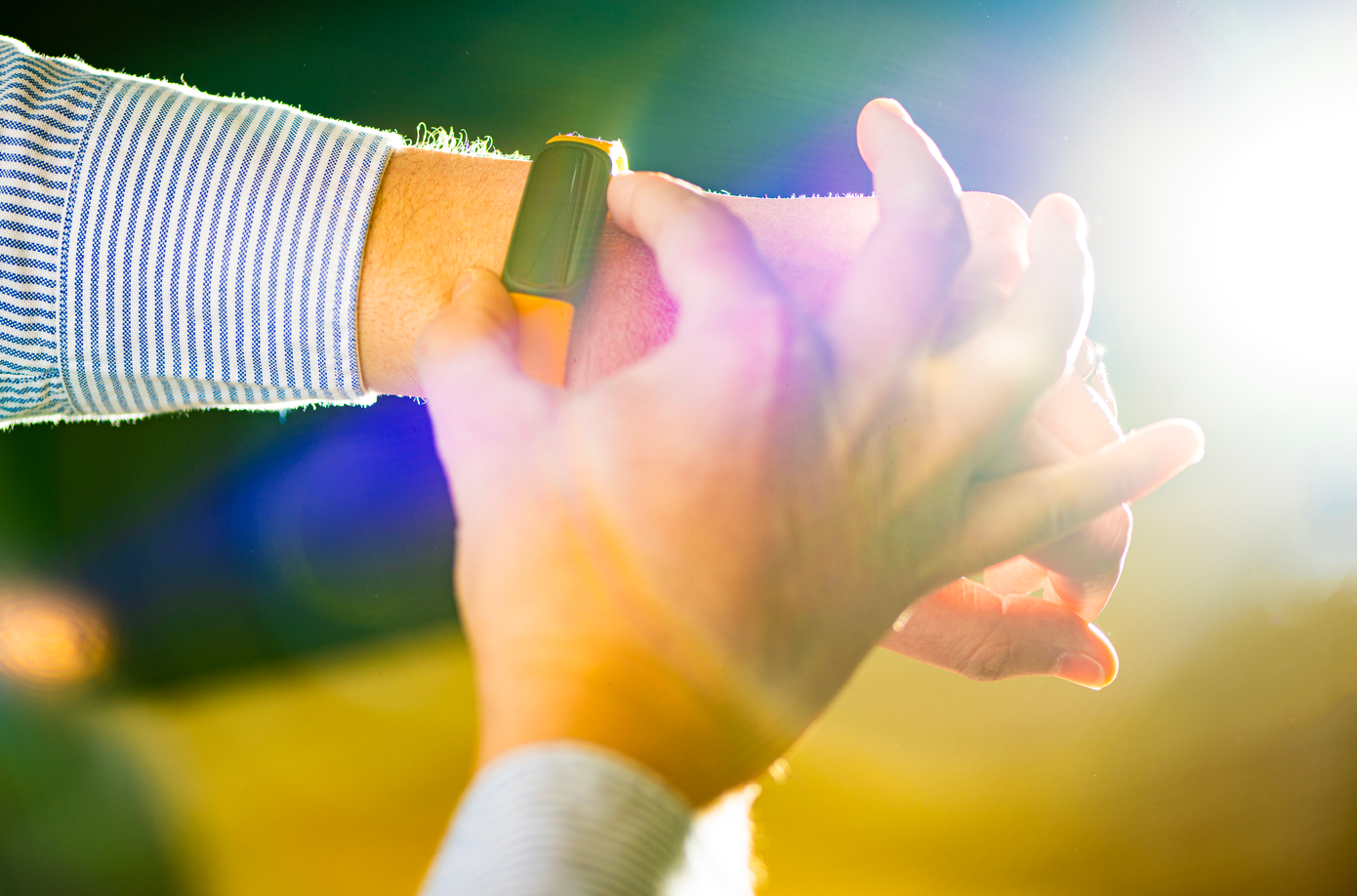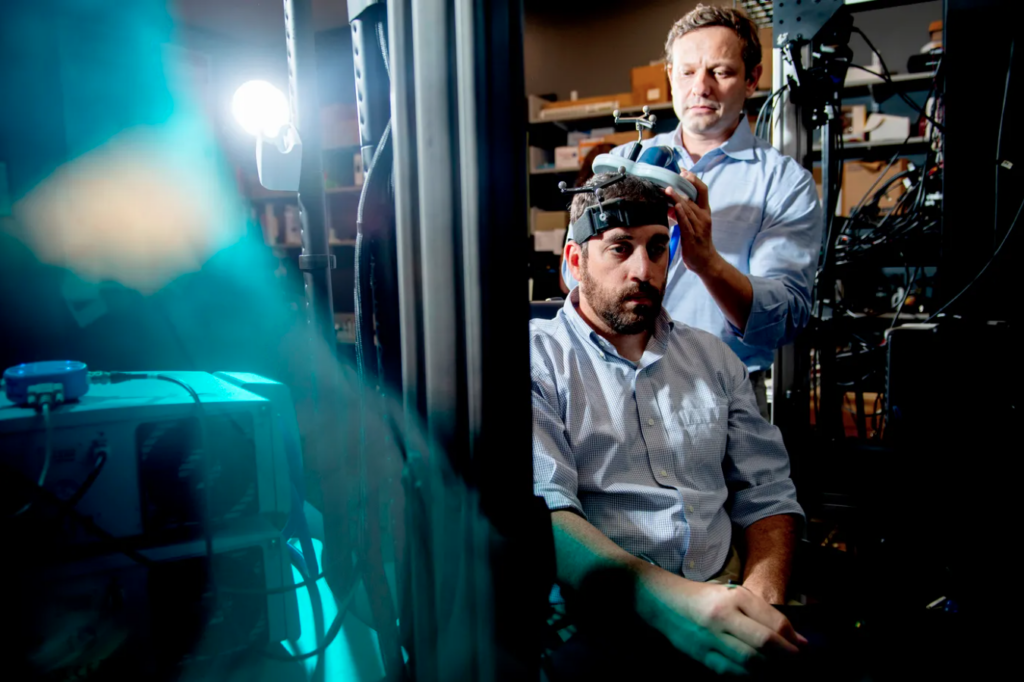The same smartwatch that counts your steps and hours of sleep can also offer mental health clinicians valuable information about depression symptoms, a Northeastern expert says in an article in the New England Journal of Medicine.
Wearable technology is part of a focus on precision medicine that will allow clinicians to better tailor treatment for individual patients, says Joshua Curtiss, a Northeastern assistant professor of applied psychology and one of the article’s co-authors.
“The purpose of this type of research was to figure out if we can use passive sensor data to predict the things we care about — to see if it is associated with changes in depression severity or symptom severity,” Curtiss says.
“It showed the very individualized ways depression manifests in people,” he says.
Continue reading at Northeastern Global News.





